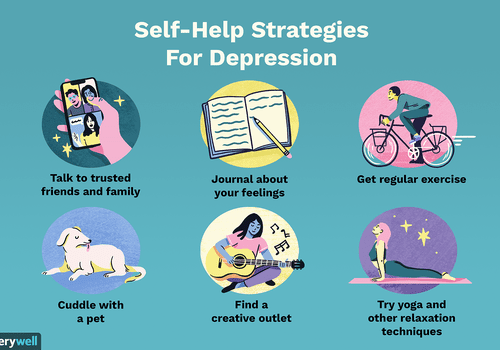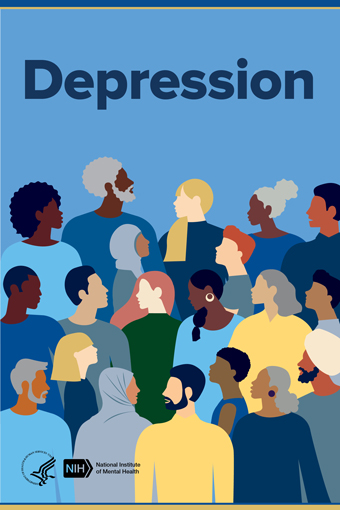
Underlying causes of depression and anxiety can involve emotional, chemical, psychological, physiological, social, biological, and genetic factors. Anxiety and depression often happen together, but they can be different. People suffering from depression or anxiety can experience a wide variety of experiences from mild to severe reactions.
Anxiety and depression are often co-occurring, and it is possible for one person to suffer with depression while another does not have anxiety. However, the two conditions do have similarities and their effects on a person's life can be quite similar.
Symptoms of depression and anxiety can vary from person to person. Some people may experience symptoms of severe depression, while other people may exhibit much fewer problems. For example, a person with severe depression may have extreme lack of energy, difficulty concentrating and paying attention, frequent suicidal thoughts, and feelings of worthlessness. These symptoms are not limited to people with depression; they can occur in those who also have other problems, such as anxiety or bipolar disorder.
Genetics can also be a major factor in the development of these conditions. If any of your family members have had this condition, chances are that you, too. Plus, your genetic makeup can play a role in determining whether you develop depression or anxiety. You may also be more likely to develop depression or anxiety if your parents have had the condition.
Some people, such as those with generalized anxiety or panic disorder, can be very sensitive to the environment in which they live. This sensitivity leads to panic attacks, phobias, and obsessive-compulsive disorders. People with PTSD can also have anxiety and depressive episodes after a traumatic event in their life.
Certain personality traits can also cause depression and anxiety. Introverts, highly functional and low-anxious people are more likely to suffer from depression or anxiety. People with personality disorders can be depressed and anxious about problems interacting with others. People with low self-esteem can suffer from depression and anxiety because they consider themselves worthless and unworthy of love.

Anxiety and depression often co-occur in tandem because of a number of reasons
There is no definite reason why a person would go through depression or anxiety at a younger age or develop the condition at a later age. However, research shows that anxiety and depression often co-occur because of changes in the individual's brain chemistry. Some researchers believe that some types of chemicals in the brain react with anxiety or depression, making a person have more severe depression and anxiety symptoms at one time. Research has also shown that certain medications and drugs can increase levels of anxiety or depression in some individuals, so there are certainly side effects associated with these medications.
There are a variety of treatment options available for depression and anxiety. If you are suffering from this disorder, you can find the treatment options that are best for you based on the type of symptoms you have and your personal circumstances.
Cognitive Behavioral Therapy: If you suffer from panic disorder, anxiety, or post-traumatic stress disorder, you should look into the cognitive behavioral therapy. This form of treatment is one of the most effective ways to treat these conditions. You will be taught how to identify the symptoms, and when they occur, you will learn how to deal with them. Over time, the anxiety and depression will subside, and your symptoms will lessen.
Psychotherapy: If you do not want to take medication or use therapy, you may want to consider the use of a psychiatrist. Psychotherapy helps you to identify the reason for your condition and to determine why you may be having them in the first place. It helps you develop skills that will help you cope with the condition.
Other forms of treatment may include lifestyle changes, such as eating right and getting plenty of sleep. Therapy can also help you overcome depression and anxiety by teaching you techniques to manage stress, such as relaxation and breathing techniques. If you have tried other methods, you may want to talk to your doctor about the pros and cons of each and try to determine which is best for you. However, the most important step in treating depression and anxiety is to seek treatment as soon as possible.
If the treatment option works well for you, it is important to note that depression and anxiety are treatable. However, in order to prevent yourself from developing the conditions again, it is important to make sure that you recognize your triggers and avoid them.